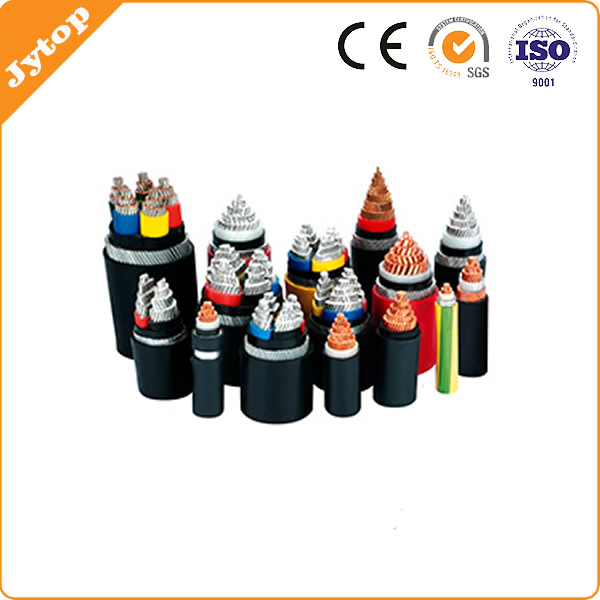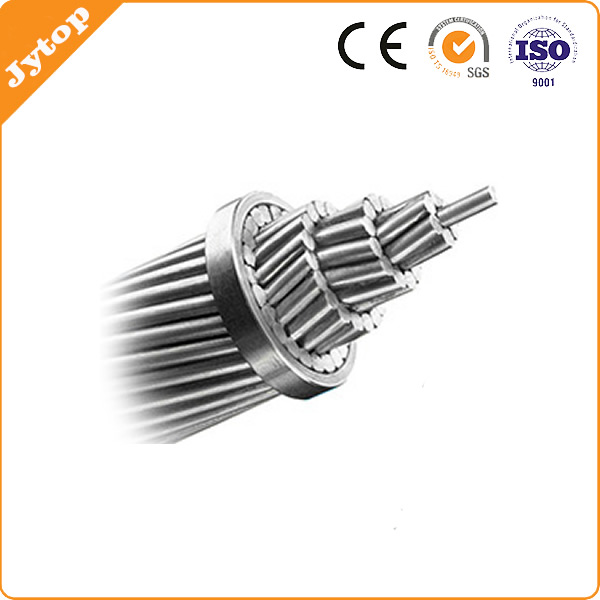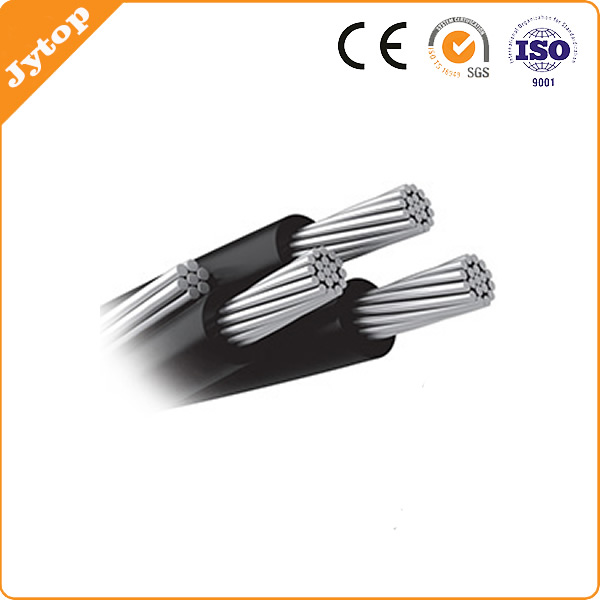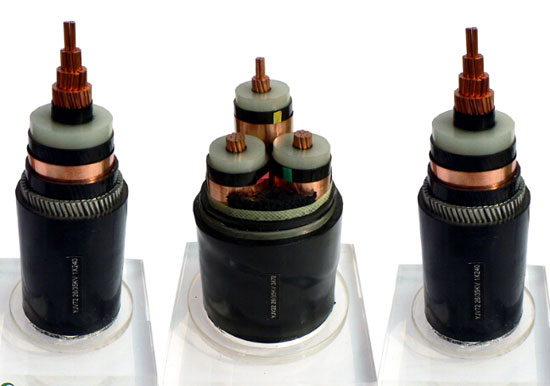polyvinyl chloride disadvantages

Power Cable
Power cables are mainly used for power transmission and distribution purpose. It is an assembly of one or more individually insulated electrical conductors, usually held together with an overall sheath. The assembly is used for transmission and distribution of electrical power. Electrical power cables may be installed as permanent wiring within buildings, buried in the ground and run overhead or exposed.……Including: rubber cable, welding cable, URD cable, XLPE insulated power calbe etc.

Bare Overhead Conductor
Bare Overhead Conductors are used in overhead transmission and distribution network applications.They are also used for un-insulated hook ups, jumpers, grounding conductors and other applications. Our Conductors conform to ASTM, IEC, BS, BS EN and DIN standards.…… Including: AAC conductor, AAAC conductor, ACSR conductor, ACAR conductor, AACSR conductor, etc.

Aerial Bundled Cable
Aerial bundled cables (also aerial bundled conductors or simply ABC) are overhead power lines using several insulated phase conductors bundled tightly together, usually with a bare neutral conductor. Our abc calbe conform to ASTM, IEC, SANS standards.……Including: abc cables, cvered line wire, service drop wire etc.
what are the disadvantages and advantages of …
Oct 20, 2009 · What are the disadvantages and advantages of polyvinyl chloride (pvc)? strong weak etc. Follow … Disadvantages: Higher density than many other plastics.
What Is PVC Plastics – Polyvinyl Chloride -…
Nov 24, 2014 · PVC plastics are the third most commonly used types of plastic polymers used. Learn about the properties of PVC polyvinyl chloride plastics.
Polyvinyl chloride – Wikipedia, the free…
Polyvinyl chloride is produced by polymerization of the vinyl chloride monomer (VCM), as shown. About 80% of production involves suspension polymerization.
Polyvinyl Chloride (PVC) Plastic | UL Prospector
Polyvinyl Chloride (PVC) plastic information including features, uses, disadvantages, troubleshooting, typical properties, and processing data.
The Disadvantages of PVC Pipes | eHow
The Disadvantages of PVC Pipes. PVC (polyvinyl chloride) pipe is a type of piping often used in plumbing applications. Despite the many benefits of PVC pipes, this …
Polyvinylidene chloride – Wikipedia, the free…
History . Ralph Wiley accidentally discovered polyvinylidene chloride in 1933. [1] He, then, was a college student who worked part-time at Dow Chemical lab as a …
The Advantages and Disadvantages of Polyvinyl …
Advantages. Soft Shrink Capabilities – Lower Shrink tension. Optics / Appearances – provides transparent clarity, gloss and sparkler, enhances product appearance.
what are the advantages and disadvantages of PVC?…
May 04, 2010 · What are the advantages and disadvantages of PVC … Roughly half of the world’s polyvinyl chloride resin manufactured annually is used for …
Polyvinyl Chloride ( PVC ) – Lenntech
Characteristics of Polyvinyl Chloride These are some of the properties that makes PVC appropriate for several applications: – Toughness, strength.
What are the disadvantages of PVC – Answers.com
What are the disadvantages of PVC? SAVE CANCEL. already exists. Would you … Polyvinyl chloride is the third most widely produced plastic, …
Benefits of PVC – PVC
Benefits of PVC. The use of PVC … It was born to illustrate the many ways in which Polyvinyl Chloride (PVC) can enhance our daily lives. Visit the web site. PVC Design.
Unplasticised Polyvinyl Chloride – Unplasticised…
Mar 30, 2016 · Contains a general overview of the polymer Unplasticised Polyvinyl Chloride including relative advantages, disadvantages and applications, together with a …
Properties and applications of Rigid PVC or …
Rigid PVC (Polyvinyl Chloride) Unmodified polyvinylchloride is a very rigid thermoplastic. Flexibility can be increased over a wide range by adding varying amounts of …
Chlorinated Polyvinyl Chloride – CPVC Chlorinated…
Mar 31, 2016 · Exhibits a high service temperature 90°C. Relative advantages, disadvantages and applications are listed together with a table of typical properties.
Polyvinyl Chloride (PVC) – rose-plastic.us
Polyvinyl Chloride (PVC) … It possesses very good resistance levels to acids, alkalis, grease, alcohol and oil. Disadvantages are its’ rather low heat resistance …
What are the advantages of PVC – Answers.com
What are the advantages of PVC? SAVE CANCEL. already exists. Would you like to merge this … Polyvinyl chloride is the third most widely produced plastic, …
Geeks On Home: The Disadvantages of PVC Guttering
The Disadvantages of PVC Guttering. PVC (polyvinyl chloride) guttering is an alternative to traditional metal guttering, which is designed to direct water away from a …
Tox Town – Polyvinyl Chloride (PVC) – Toxic…
Dec 14, 2015 · PVC is used to make pipes and plastic medical devices. What is polyvinyl chloride (PVC)? Polyvinyl chloride (PVC) is an odorless and solid plastic.
BBC – GCSE Bitesize: PVC and plasticisers
PVC and plasticisers. Polyvinyl chloride (PVC) is a widely used plastic containing carbon, hydrogen and chlorine. It is produced by the process of polymerisation.
Polyvinyl Chloride (PVC) – About.com Money
Polyvinyl Chloride (PVC) is one of the commonly used plastics. It’s wide acceptance in delivering clean drinking water, and removing dirty drinking water has made PVC …























Leave a Reply